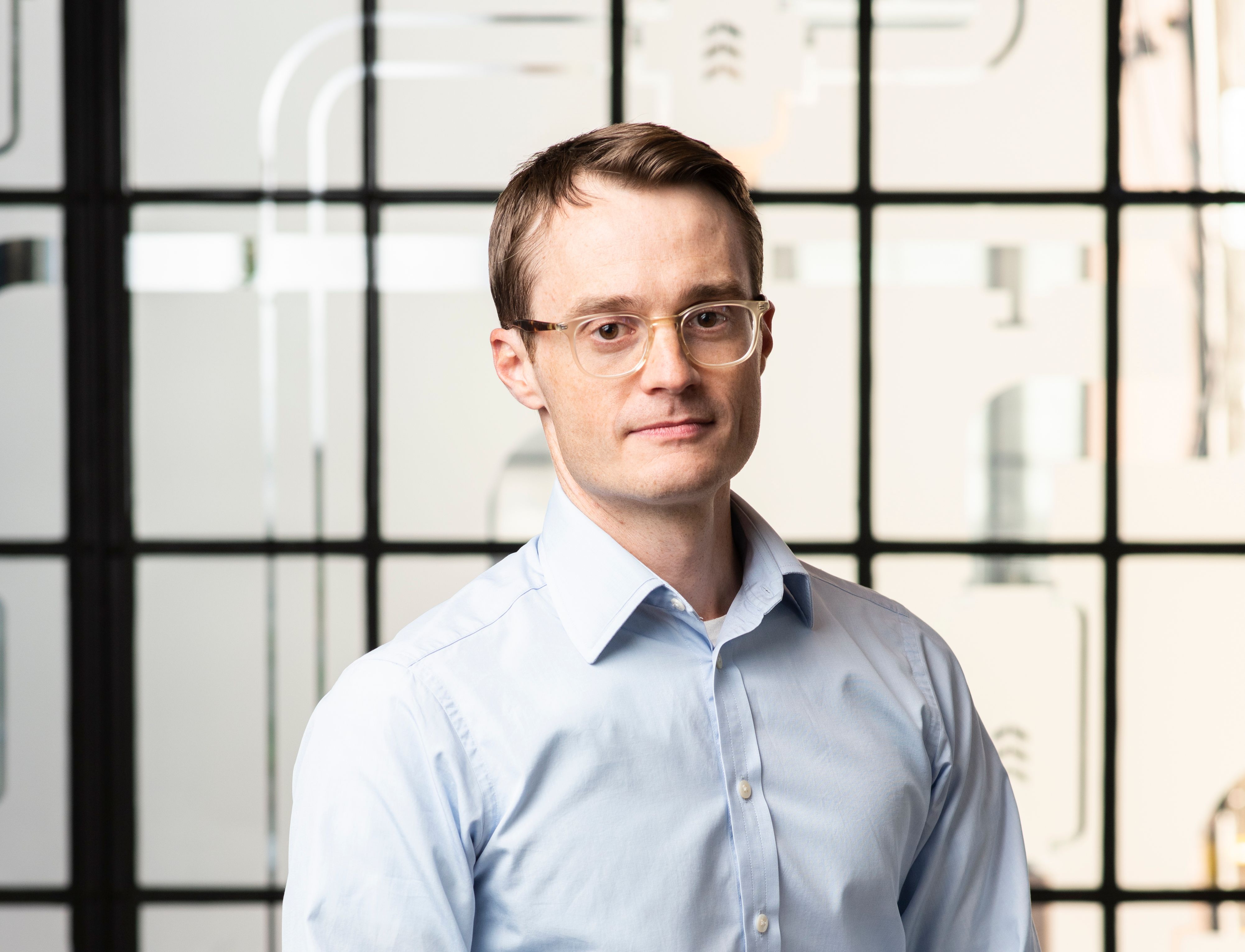Announcing Rachel Chalmers: Part-Time Partner
Heavybit welcomes veteran analyst and startup expert Rachel Chalmers to its partnership team.
Heavybit is thrilled to welcome Rachel Chalmers as a part-time partner. An experienced analyst, operator, and investor, she notably founded the infrastructure practice at 451 Research, discovering future industry titans VMWare, Cloudera, and Splunk. Rachel grew the practice to a multimillion-dollar business eventually sold to Standard & Poor, moving into venture to support successful startups such as Chef, LaunchDarkly, Honeycomb, and Aviatrix Systems. She has worked with VC firms like Ignition Partners and Merian Ventures, most recently serving as president of Alchemist Accelerator. She adds: “I’ve been Heavybit’s biggest fan since day one, and I’m thrilled to be on the team.”
An eternal optimist, Rachel sees many reasons to be excited about devtools and infrastructure, even in challenging markets. For one, such projects are “massively leveraged”–that is, they are often used to build platforms for huge communities, where even incremental changes can produce enormously positive outcomes. She also confides that all the unicorn startups in which she invested were “born in bear markets.” When capital isn’t as freely available, founders must become more creative and disciplined, learning to do more with less and ultimately creating stronger companies. And she suggests the transformational wave of technology that will define the future may not have even started yet.
For founders fearful of economic headwinds (and feeling FOMO about zero-interest-rate markets), Rachel recounts how she feared missing the tech wave when she arrived in San Francisco in 1998–before the rise of social media, mobile, the cloud, and so many other movements that shaped modern computing. She also cites the sci-fi novel A Deepness in the Sky, in which a generation ship (the namesake of her new podcast) travels through space powered by a programming language that sounds suspiciously like Unix (created in 1969). If the best time to launch a developer-first startup was before some bubble a few years ago, the next best time is now.
Rachel also offers more-direct advice to founders struggling to find their footing. She compares her academic studies in literature to how she perceives tech ecosystems. Those who recognize over-arching narratives, story, and tropes can find their own place within them, while founders who don’t recognize the stories in play will struggle to take control of the narrative. More pointedly, Rachel advises every founder to talk to their customers. “If you can invent a new job title, get that person their next promotion, and push them forward through the next five years of their career, you are potentially a billion-dollar founder. That's the signal.”
Rachel is passionate about working with founders from diverse backgrounds. She cares deeply about creating an environment that supports innovation and is also inclusive and just. On the topic of artificial intelligence, she muses that if artificial general intelligence (AGI) arrives, the most sensible approach would be, as its “parents,” to “raise” it in an environment of justice and compassion–the qualities with which it should serve humanity. More immediately, Rachel observes that seeking founders from diverse backgrounds leads to significantly better results, citing outstanding examples like Edith Harbaugh of LaunchDarkly and Charity Majors of Honeycomb–incredible leaders who may not look like “typical” Silicon Valley CEOs. To such founders, she offers this invitation: “I am committed to a more-diverse industry because it's a healthier and more-resilient industry, so don't hesitate to reach out.”
Founding a developer-focused software company? Reach out to our team here.
